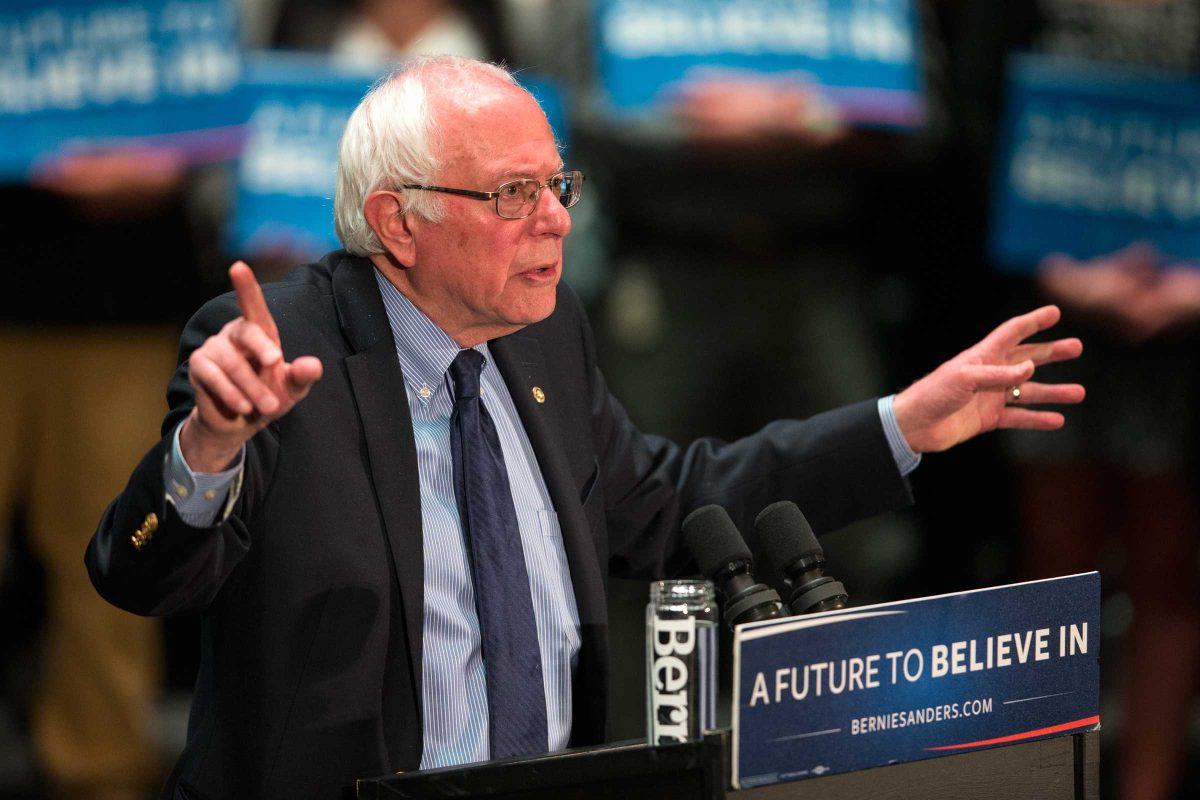As the candidate field for the Democratic presidential primary grows and the debates pile up, an increasing number of Democratic voters have begun to worry about the progressiveness of leading candidates like Bernie Sanders and Elizabeth Warren. For many young voters, these candidates represent hope, but for other, often older, Democrats, progressive candidates just have them asking, “Are these liberals just too liberal to win the election?”
These worries may seem logical, but they’re not entirely applicable to the current political atmosphere. Modern polarization means the fabled “center” is about as densely populated as Wyoming, and like Wyoming, giving it too much political weight misrepresents the actual views of American constituents in D.C. Moderates are becoming rarer and rarer in both the Republican and Democratic parties; according to Gallup polling, only 35% of Democrats and 25% of Republicans considered themselves “moderates.” This means that there are few centrist policies that would realistically appeal to a large number of people on both sides of the political spectrum. A Democratic candidate that promoted these moderate policies would most likely repel more Democratic voters than attract Republican voters.
Political polarization is even present among voters that don’t formally associate themselves with either party. According to a recent Pew Research Center report, polls show that among those who label themselves as Independents, only 6% truly swing regularly between parties in elections. With such a negligible percentage of voters willing to cross party lines on election day, what’s the point of pushing centrist Democratic candidates?
Instead of bemoaning the loss of a moderate base, Democratic officials should embrace the wave of progressive candidates as an opportunity to appeal to young voters, a demographic infamous for low voter turnout. If young people see candidates that actually reflect their ideologies and care about their concerns, namely increasing tuition and dying planets, they will be inspired to vote in droves. Contrary to the opinion of many boomers, young people are much more socially aware and invested in politics than they’re given credit for, as evident by the spate of teenage activists like Greta Thunberg, Emma Gonzalez and David Hogg. Young voters know what change they want to see, and they know electing a candidate like Joe Biden will not lead to this change.
Beyond election day politics, progressive candidates and policies are needed this election cycle simply because our world is in desperate need of serious structural changes. Our government needs to reevaluate how it treats corporations, the working class and the planet. Candidates that heed the advice of High School Musical and “stick to the status quo” will not be able to provide the change our generation deserves for a fair opportunity at life.
Cécile Girard is a 19-year-old biology and psychology major from Lake Charles, Louisiana.







